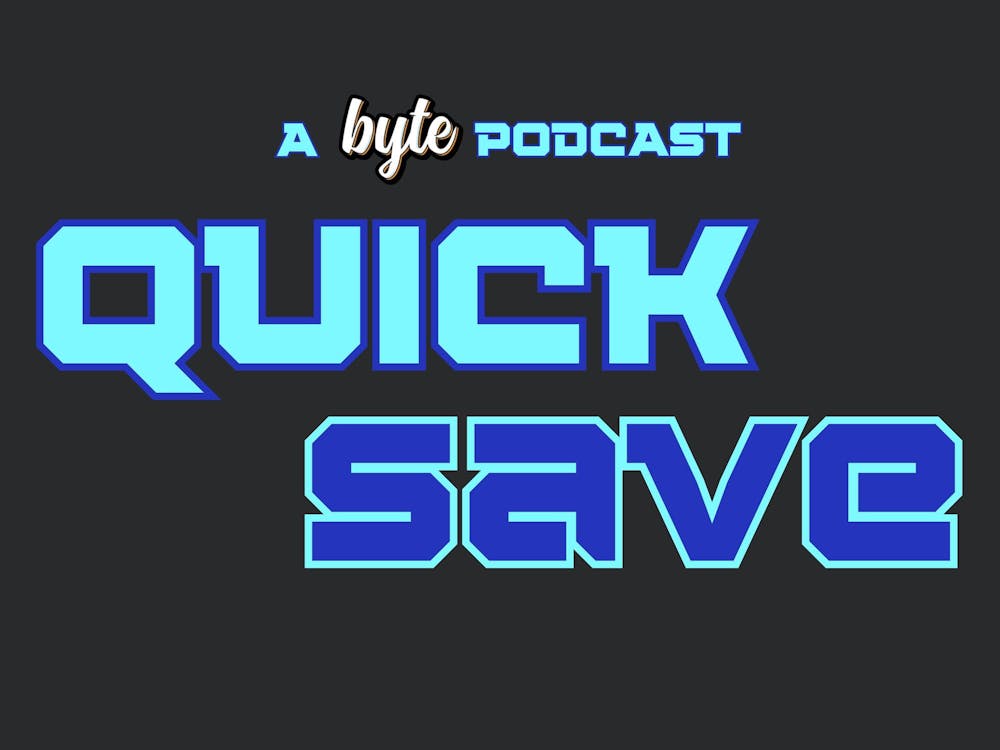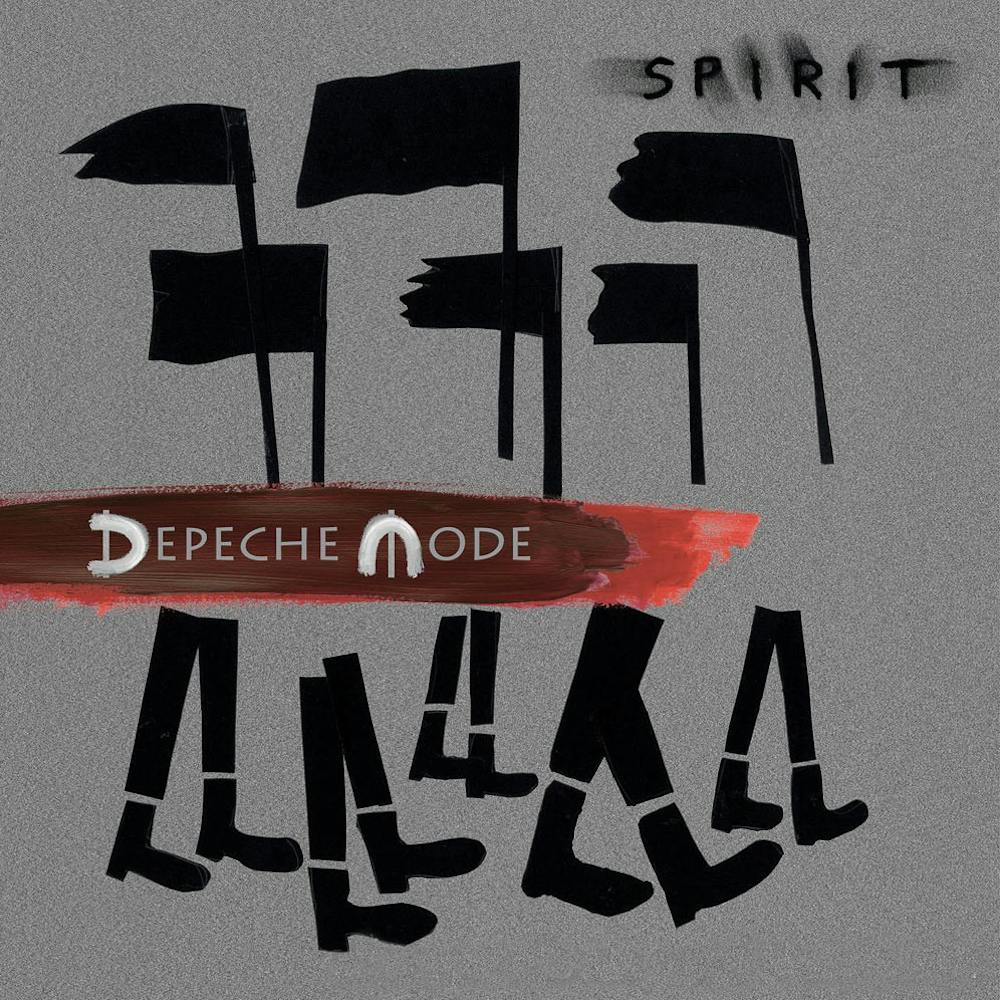Best tracks:
“Going Backwards”
“Cover Me”
“No More (This is the Last Time)”
Recommended if you like:
Muse
Marilyn Manson
Massive Attack
It has now been almost 35 years since Depeche Mode released their first great album, 1983’s “Construction Time Again.” For two decades after that, the band released a continuous gauntlet of brilliant, influential electronic albums that still shape the musical landscape today. It’s important to know about the greatness of Depeche Mode, because their new album “Spirit” is a huge disappointment. In a weird way, to call it a disappointment is a compliment. With most surviving bands whose peak of popularity was in the early ‘90s, bad albums are now expected and therefore not disappointing at all. Depeche Mode is different. They were the poster children of consistency for so long that the sub-par quality of their last couple of albums has actually been hard to swallow.
Late-career musical stagnation continues
Spirit is Depeche Mode’s fourteenth album, so at this point it’s not surprising that they’re running out of ideas. If you’ve listened to “Delta Machine” or especially “Sounds of the Universe,” you’re going to be hard-pressed to find anything musically new here to latch onto. The most sonically creative song on the album is probably the opener “Going Backwards”, which makes good use of sporadic, random noises despite its overly simple piano rhythms.
That’s about where the interesting music ends. “Where’s the Revolution” is catchy enough, but the verses are so flat and uninteresting that when the chorus kicks in and brings some excitement, the transition is actually jarring. From there, it only gets more basic. Several tracks (“The Worst Crime”, “Eternal” and “Fail”) are standard ballads with nothing notable to separate them from each other. “Cover Me” contains a decent buildup, which on its own makes the song a highlight, but it’s still nothing that would stand out on an album where the standards were higher.
On tracks like “Poison Heart” and “So Much Love”, Depeche Mode introduces more guitars into their sound than ever before. It’s great that they’re still playing around with new sounds, but becoming half a rock band just reveals how much better their sound works when it’s purely electronic. Especially when the lyrics of “Spirit” are so cynical with regard to politics, it would be a lot more effective to keep it sounding detached and synth-heavy.
Depeche Mode’s trademark emotional distance loses its charm
When Depeche Mode released their landmark album “Violator” back in 1990, the cold veneer of Martin Gore’s vocals on personal songs earned the band worldwide success. In 2017, they’re still trying to milk the same trick, but it has much less of an effect. Now that their production is so much cleaner and clearer than it was before, the monotony doesn’t work like it did before. It’s possible that Martin Gore is just getting old and losing his ability to provide a more emotional delivery, but the fact remains that the music and vocals don’t really mesh anymore.
A great example of this incongruity is “You Move,” a dance song that sounds like it could have been an outtake from “Violator.” The instrumental track, while a little bit dirty and rough, sounds very typical and modern compared to the more experimental production they used when they were first getting popular. Gore tries to use a slightly wider vocal range on this song, but ends up sounding like he’s straining himself to reach the high notes. Since it is a simple dance-floor song with such creative lines as “I like the way you move for me tonight”, it really should sound a lot more effortless than it does.
Oversimplification of complex political issues
By and large, the main attraction of this album is that it’s the most overtly political Depeche Mode album to date. That’s not to say they’ve never been political before, but they’ve always done it with at least a little bit of subtlety. On “Spirit,” the band is extremely direct about what they mean, and honestly, it doesn’t do them any favors. It seems like they’re making a political statement not because they actually have something important to say, but because it’s what everyone else is doing and they feel like they’re supposed to.
It’s not that “Spirit” doesn’t make bold statements. It’s just that it tries so hard to sound more important and innovative than it actually is. The lyrical goal of this album is to lead the listener to believe that repeatedly shouting “the President is bad” actually affects real change. Point in case: the lead single “Where’s the Revolution”. In this song, Gore tries to express his disappointment that the general public is not doing enough to address the worldwide political panic and rage. Ironically enough though, it seems that his best solution for the complicated problems facing the world is to write mediocre songs about them.
It would be less of an issue if it were done in a more creative way. On later songs from the record, like “Poorman”, it seems like the band isn’t even trying to raise a new way of thinking, instead simply reading facts to listeners as if they don’t already know them. The chorus of this song is “Corporations get the breaks / Keeping almost everything they make”. Apart from just not being very catchy, it’s also a bland sentiment that has been tackled many times before. The rest of the album follows the same formula time and time again. Depeche Mode has no problem calling the world out for not trying hard enough, but it’s rare that a real solution (or even a clever line) is presented anywhere on the album.
Where’s the revolution, indeed?
All Images From: Depechemode



















